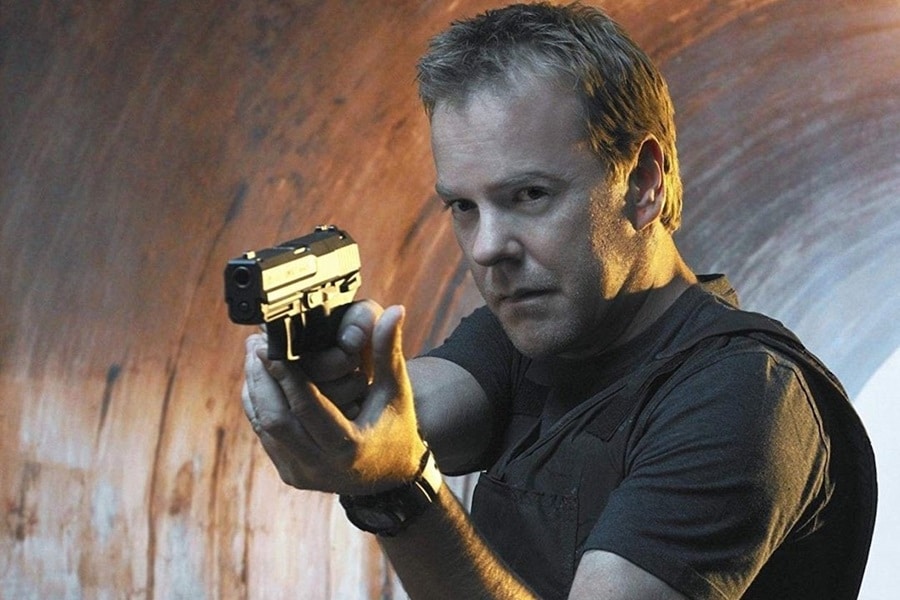
The Suspense of Time
Time, that relentless, ever-ticking entity, has long been a vital cog in the machinery of suspense fiction. It’s the invisible antagonist, the constant pressure, and the ultimate deadline that characters race against, often with their lives hanging in the balance. This piece dives into the fascinating world of ticking clocks and racing heartbeats in suspense fiction, highlighting how time shapes narratives, characters, and, ultimately, the readers’ pulse rates.
Take, for instance, the world of literature. Classics like “The Da Vinci Code” by Dan Brown and contemporary hits like “Before I Go to Sleep” by S.J. Watson, use time as a crucial element. In “The Da Vinci Code,” protagonist Robert Langdon is in a relentless race against the clock to solve a murder and uncover a historical secret that could change the face of Christianity. The urgency is palpable, and time is not just a theme but a character in itself, pushing the narrative forward at a breakneck pace.
Similarly, in “Before I Go to Sleep,” Christine wakes up every day with no memory of her past. The novel unfolds day by day, with each passing moment a race for Christine to piece together her life before her memory resets. Here, time is both an enemy and an ally, a paradox that Watson masterfully exploits to keep readers on the edge of their seats.
Screen adaptations, too, have masterfully used time to amplify suspense. Alfred Hitchcock’s “North by Northwest” is a stellar example. The protagonist, Roger Thornhill, finds himself in a deadly game of cat and mouse, with time running out to clear his name from a murder he didn’t commit. Hitchcock, known as the master of suspense, used time to heighten anxiety and urgency, crafting scenes that linger in the mind long after the credits roll.
Or consider “24,” the television series starring Kiefer Sutherland as Jack Bauer. Each season unfolds over 24 hours, with each episode representing an hour in real-time. The real-time format adds a layer of intensity and immediacy to Bauer’s efforts to thwart terrorist plots and save lives. The constant awareness of the ticking clock creates an atmosphere so thick with tension, viewers can almost feel the seconds slipping away.
In suspense fiction, time is more than just a backdrop; it’s a catalyst that propels characters into action, forces tough decisions, and reveals true natures. When characters are pressed for time, their decision-making processes are distilled to their essence, often leading to raw, revealing moments. This is when heroes are made, and villains are unmasked.
Moreover, the concept of time in these narratives often mirrors our own experiences with time in the real world. The relentless march of time, the pressure of deadlines, the anxiety of running late – these are feelings everyone can relate to. When these elements are woven into a suspenseful plot, they strike a chord with readers and viewers, making the experience more immersive and personal.
But it’s not just about the race against the clock. Time in suspense fiction can also be about waiting, about the tension that builds with inaction or delay. This is evident in stories where characters are waiting for an inevitable event, like a heist or a showdown. The buildup, the anticipation, can be just as gripping as the event itself.
Authors and screenwriters have also played with the concept of time by using non-linear narratives or flashbacks to create suspense. By revealing events out of order, they keep readers and viewers guessing, piecing together the story bit by bit. This manipulation of time adds a layer of complexity and intrigue to the narrative, engaging the audience’s intellect as well as their emotions.
In conclusion, time in suspense fiction is a multifaceted tool used by authors and screenwriters to build tension, drive narratives, and engage audiences. Whether it’s a ticking bomb, a race to solve a mystery, or the slow build-up to a dramatic event, time is an essential ingredient in the recipe for suspense. As these stories show, when handled with skill, the ticking of a clock can be as thrilling as any car chase or fight scene. So, next time a character glances at a clock, remember, it’s not just about telling time; it’s about setting the stage for a heart-pounding adventure.
More Suspense Features
Is It Suspense?
How you know a suspense story for what it is
Unreliable Narrators in Suspense
The most enthralling mysteries are those that lie within us
Suspense Themes
What are some of the common themes of suspense?



